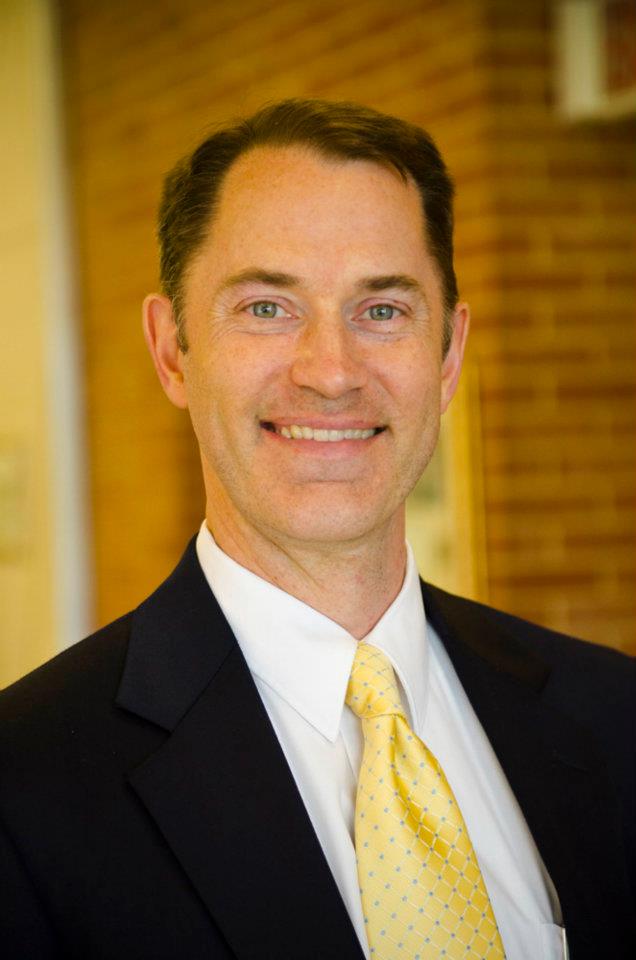Our nation has experienced another senseless killing. The tragic death of the nine members of the Emanuel African Methodist Episcopal Church in Charleston, S.C., is another example of wrongness, of a free will that was used to destroy instead of to heal or build up.
The praiseworthy part to this tragedy is the reaction of the church. Instead of adding to the grief, these precious people have given forgiveness and counseled forbearance. Their Godly response has opened the door to healing and growth in their community. One of their elders put it this way, "Some wanted to divide the race - black and white and brown - but no weapon formed against us shall prosper." May God strengthen our brothers and sisters in the coming days so his rightness can be felt in our nation.
Yet the incident also leads to a question that I persistently hear: "How can a good, all-powerful God allow the wickedness that so mars our world?"
We don't have to look further than the front page of most newspapers to see evidence of wrongness, whether it's the murder of the helpless by terrorists or the exploitation of women and children by their "neighbors" or the poverty that grows up in the shadow of prosperity. Evil has a firm hold of our world and God doesn't seem to be doing anything about it.
The simple answer to the question is that God voluntarily limited his influence in the world. His first act after creation was to delegate authority of the world to humanity. He gave Adam "rulership" over the animals and directed him to work or improve the ground. The all-powerful God chose to share some of that power with us. And look at what we've done with that authority.
Starting with Adam, humanity has departed from God's original intent. We've "sinned." Our sins have built upon one another to create an environment of hurt and fear and deception, an environment where wrongness often rules the day. We know in our hearts that this wrongness should not be, so we either cry out to God for deliverance or we blame him for the fruit of our actions.
We leave God with the most difficult of choices. To fix the wrongness in the world he must either take back the authority he has delegated to humanity - and revoke the gift of free will - or he must inspire people to right action. God has historically chosen to work through those who are willing to drive back wickedness and to establish rightness.
One of the first places God reveals his willingness to work through faithful people is the Exodus of the Hebrew people. The Book of Exodus records how the people cried out to the half-remembered God of their forefathers. Their desperate need for salvation gave God the opening he needed to act in the world. He delivered them from oppression and revealed his will for the world.
Then God made a promise: If his people continued to embrace his values and goals - if they chose to do his will - he would act through them to heal and save the world. If they again departed from his will well, God will not bless or empower sinful action. God is a "person" with clear values and goals. He will only work through those who agree with him, who seek to bring his kind of rightness into the world.
The problem, of course, is that most people aren't interested in rightness, at least not the rightness that God has revealed through Scripture. Instead of pursuing godly goals, things like justice and compassion, we set our own goals. Instead of making the Bible the standard for morality, we argue with God and try to convince ourselves that wrong is right. We use the gift of free will to move away from God and then wonder why wickedness increases and God appears silent.
As with the ancient Hebrews, God wants to deliver the oppressed and renew his rightness in the world. He demonstrated his intent by sending his son Jesus into the world to directly confront sin, the wickedness that comes with the departure from his will. He continues to do this by sending his faithful followers into the dark and desperate corners of the world where we can join him in rebuking wrongness and establishing rightness.
God still chooses to delegate his authority to people like you and me. He still hopes that we will agree with him and use that authority to establish "light and life." The question only you can answer is: Will you use your power to make your part of the earth, the part over which he has granted you authority, a reflection of his heaven?
Eric Johnson, a full-time pastor since 1994, has been senior pastor at Chattanooga First Church of the Nazarene since 2008. He and his wife Jennifer have two daughters, Noelle and Selah.

